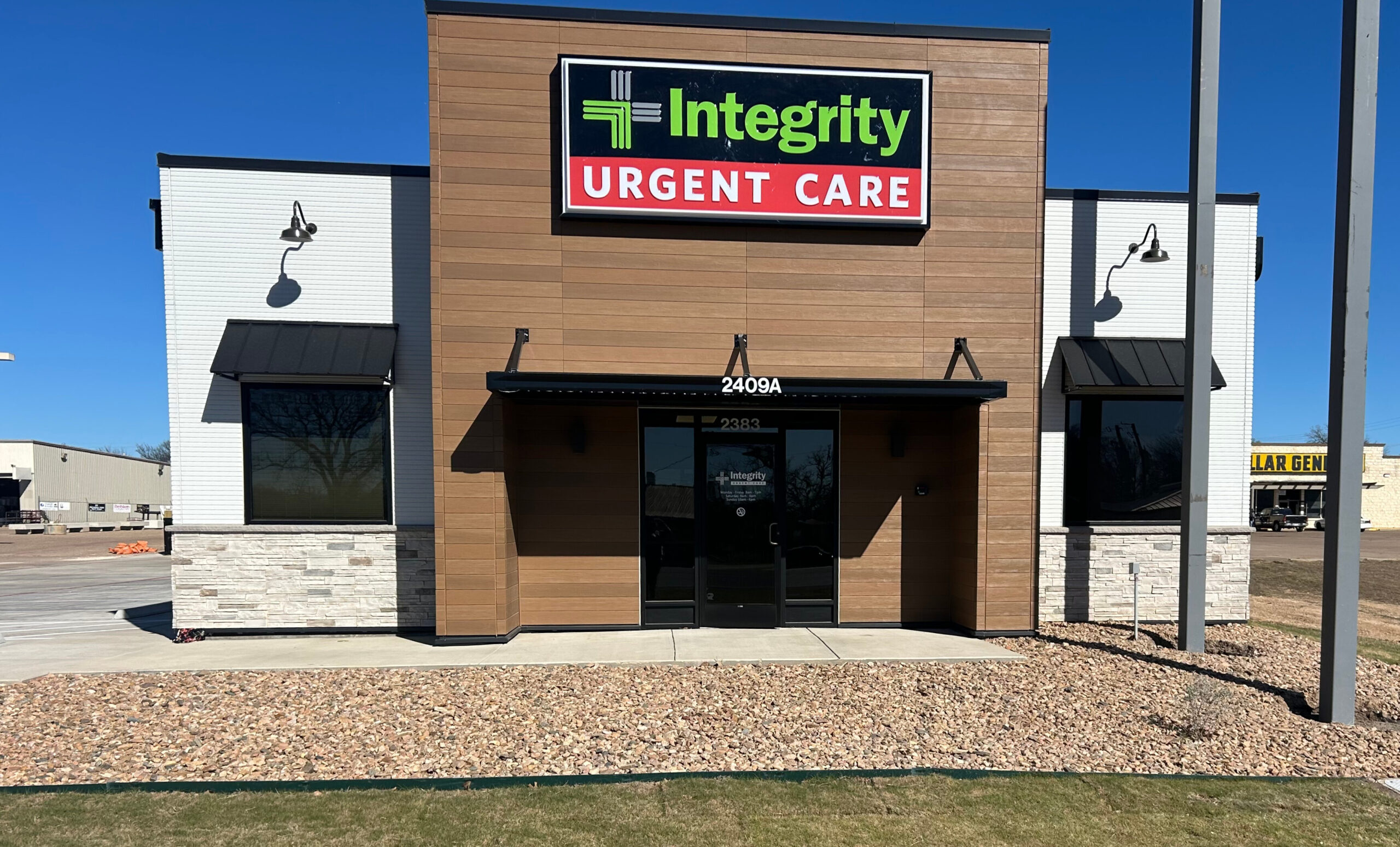Much to the dismay of parents everywhere, kids don’t come with an instruction manual, each child having their own characteristics and health needs for a parent to discover along the way. However, there are some symptoms and health issues any parent should take under consideration immediately and seek medical advice. Take comfort in advice from Anita Chandra-Puri, a pediatrician and spokesperson for the American Academy of Pediatrics, “Parents should always err on the side of caution and seek immediate medical care when they’re worried about something.”
High/Long Lasting Fevers
A fever is difficult to assess because each child reacts to sickness differently and a fever is not necessarily a sign medical care is needed immediately. There are exceptions, when a fever is over 100.4 degrees Fahrenheit for an infant under 3 months, over 101 for an infant between 3 and 6 months, or over 103 for children 6 months or older. In these cases, it is best to call or see a doctor to ensure an infection does not spread too rapidly. Additionally, if a fever lingers for hours after taking fever-reducing medicine, your child may need extra help fighting an infection as well. In the mean time, keep an eye on your child’s disposition and make sure they stay hydrated.
Fever with Headache
Sometimes a child will complain of their head hurting with a fever due to needing extra rest or additional hydration, but occasionally children will have extreme headaches paired with fever and stiff necks. If your child is mentioning these symptoms and is unable to move their head in several directions with a large range of motion, call your doctor to rule out meningitis. Other symptoms to look for include a bruise like rash or tiny red dots on your child’s body.
Circle-Shaped Rash
A few rashes warrant a visit to the doctor. First, a rash in the shape of a ring, with a pale center may be a sign of Lyme disease. Additionally, rashes which appear like bruising or pinpoint sized spots under the skin need to be looked at by your doctor to rule out several conditions. If your child is having trouble breathing and you see evidence of a splotchy rash, your child may be having an allergic reaction and needs immediate help.
Unusual Moles
It is important to keep tabs on moles our children have, even ones they have had since birth. Regularly schedule the opportunity to check over your child’s skin and take note of size, shape, formation of edges, and changes in any moles you see.
Sudden Stomach Pains
Pain that is occurring in the lower right hand quadrant of your child’s stomach should be taken seriously as it could indicate issues with their appendix. While a stomach virus will start with fever and move to vomiting and stomachache, appendicitis works in reverse order. Blood in the stool and extreme stomach pain can also indicate a need to see your doctor.
Headache with Nausea
Migraines, especially with a family history, can cause a headache with nausea or vomiting. Your medical care provider can help determine what your child may need if they are having migraines. If this is occurring at night or early in the morning after rest, discuss further with your doctor to rule out other concerns.
Decreased Urination
Decreased urination could be a symptom of dehydration and may lead to shock. If your child also has dry mouth and lips, dry skin or skin that stays pinched together, or, in infants, a flat fontanelle, call your doctor immediately and try to help your child drink fluids.
Blue Lips
Outside of blue candies, popsicles, or drinks, blue lips can be a sign of something hindering your child’s breathing. It could be an allergic reaction, an asthma attack, choking, pneumonia, or other causes. Take a moment to listen to your child’s breathing and indicate if is labored or if panting/grunting is taking place as they try to breath.
Swollen Face
Our faces don’t typically swell suddenly; it is often an indication of an allergic reaction. According to foodallergy.org, 1 in 13 children has a food allergy and more have seasonal and environmental allergies. If your child has swelling around their tongue, lips, or eyes and has is developing hives, breathing problems, itchiness, or vomiting, call your doctor to plan your next steps. A shot from your child’s EpiPen or an antihistamine, like Benadryl, may be needed in the meantime.
Excessive Bleeding
It can be challenging to assess bleeding as a parent when we are trying to calm a child and prevent bleeding when they are injured. If a cut is open wide, where a cotton swap could be placed in it, or if bleeding is not stopping with a few minutes of applied pressure, seek medical attention immediately. Maintain pressure and have a rough estimate of the number of times you have changed the cloth or bandage. Also, if an animal or child bites yours, and breaks the skin, call your doctor.
Vomiting After a Fall
If your child is less than 6 months old or, at any age, is showing confusion, is throwing up, or lost consciousness after a fall, see your doctor. They need to be assessed to make sure they are well and may need to be checked for broken bones. Generally, if a child over the age of 6 months did not fall on anything dangerous or sharp, and the fall was less than their height, they are probably well enough to be monitored at home, but call for help as needed.
Integrity Urgent Care Clinics are here to help with these exact symptoms and more as you raise your children. Contact us today or bring your child to see us during our walk in hours at one of our four locations. We are here to help you make sure your child is healthy and well.
https://www.parents.com/health/injuries/emergency/serious-symptoms/?
https://www.foodallergy.org/life-with-food-allergies/food-allergy-101/facts-and-statistics



